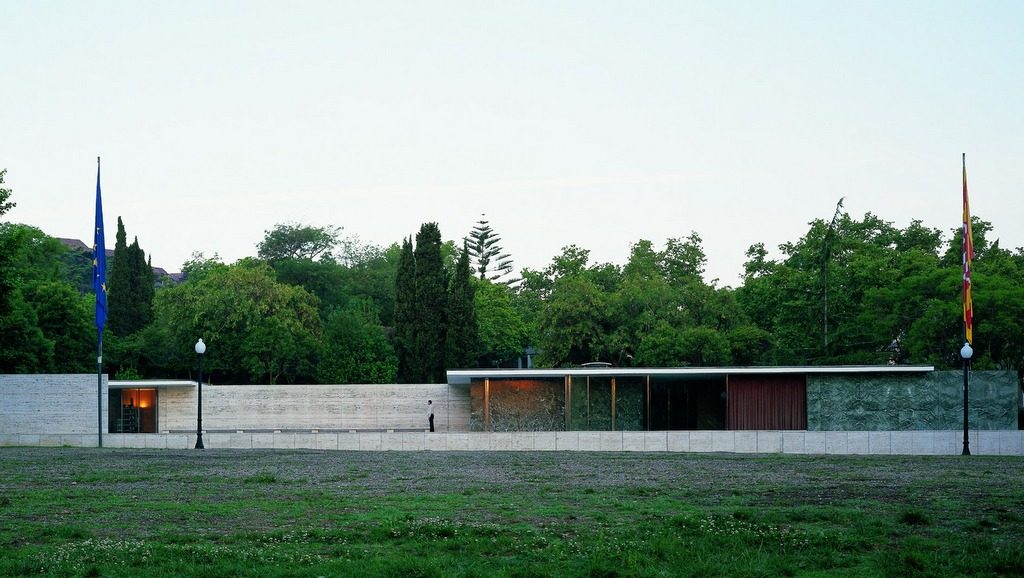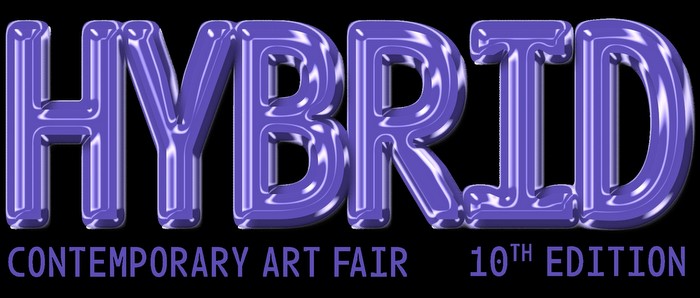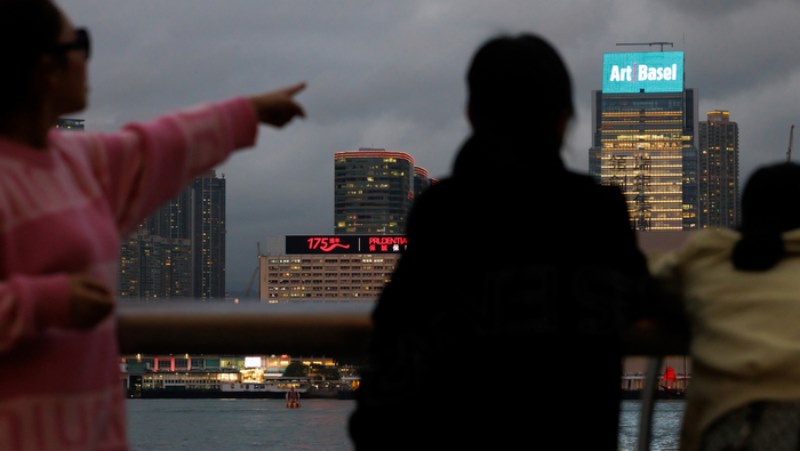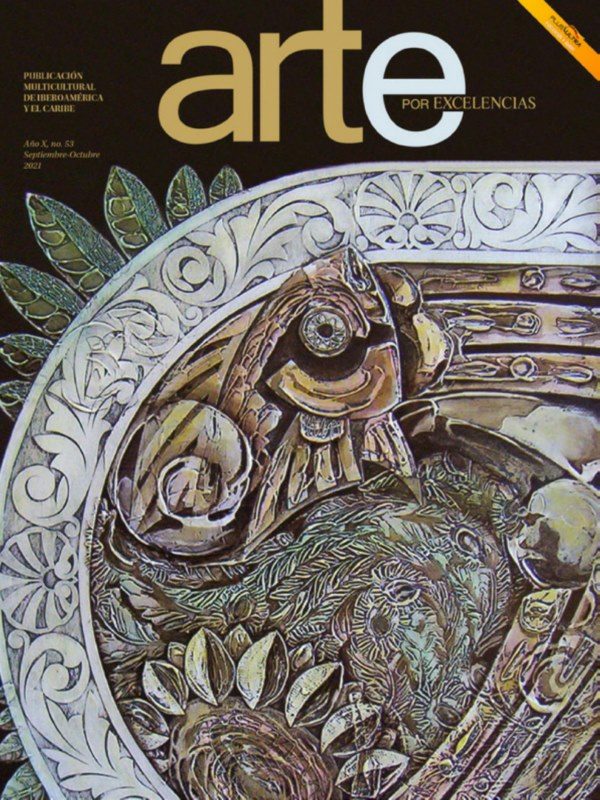Barcelona prepares to host three international events of reference in the field of architecture: The World Capital of Architecture and the World Congress and General Assembly of the International Union of Architects (UIA) in 2026; the XV Spanish Biennial of Architecture and Urban Planning (BEAU), and the New European Bauhaus.
The aim is to use the potential of these events to highlight the role of architecture and urban planning in shaping the city model and in the projects that are being deployed in the city today to meet contemporary urban challenges. It will also highlight the institutions, professionals, organisations and citizens that make Barcelona a city recognised and a reference point for its architecture and urban quality.
The city wants to be UNESCO’s World Capital of Architecture to host the UIA World Congress and General Assembly in 2026. In January 2019, the municipal plenary session unanimously approved an Institutional Declaration to work together with Consejo Superior de Colegios de Arquitectos de España (CSCAE) and the Col·legi d'Arquitectes de Catalunya in the presentation of the candidacy, which was formalised at the end of the same year.
In January 2020, Barcelona was officially named by the UIA as a candidate city with a single rival, the Chinese city of Beijing. Now, the Government Commission has approved the terms and conditions of the candidacy and the commitment to finance the organisation fee – of 150,000 euros - if elected. The candidature is currently being worked on and will be presented next July in Rio de Janeiro, where the winning city will be made public.
The UIA congresses have been held since 1948. Barcelona already hosted it in 1996 with a resounding success and a great response, with almost 12,000 participants attracted by the great change that the city made after the 1992 Olympic Games. And it gave the city a great echo and prestige as the world capital of architecture. The World Capital of Architecture, on the other hand, is a newly created title that Rio de Janeiro now holds. The Brazilian city will also host the UIA congress next July, during which a decision will be made as to whether Barcelona's candidacy for 2026 is elected.
Today, Barcelona is a referent in areas such as gender urbanism, pacification and the promotion of super-blocks and green corridors, and it wants to be the world capital to show its commitment to this more social, sustainable and healthy architecture and to lead the new challenges that cities are facing.
Thus, it is proposed that by 2026 the UIA congress - which brings together 3.2 million architects worldwide - will take place in the city and, at the same time, it is planned to organise events throughout the year where architecture will be the protagonist. The events would take place in the city's emblematic buildings, public spaces and large institutions in order to convey the importance and value of architecture and urban planning not only to architects but also to the general public.
The New European Bauhaus
Barcelona also wants to be an active part of the New European Bauhaus. This is a multidisciplinary project promoted by the European Commission (EC) that will créate experimental spaces in which art, culture, science and technology can be mixed, imagined, tested and demonstrated in new solutions that help to develop new leading markets. It will act as an enabler of innovation and creativity to promote the design of sustainable, inclusive and quality living spaces across Europe and beyond.
The New European Bauhaus will be developed in three phases: design, implementation and dissemination. From now until the summer of 2021, the Commission will carry out a broad participatory co-creation process for its design. Implementation will begin in the second half of 2021 to disseminate a network of new Bauhaus with different characteristics, always bearing in mind the transformation towards sustainable coexistence. Initially, the first five new Bauhaus will be established in 2022 in different countries of the European Union.
Barcelona's desire is to actively contribute to this process of participatory co-creation and to host one of the first venues from 2022 onwards. Therefore, work on a project of leadership and public promotion will be carried out together with universities, associations, entities and professional colleges and in confluence with the private sectors of construction, design and innovation so that Barcelona can become one of the headquarters.
In fact, the last Commission on Ecology, Urbanism, Infrastructures and Mobility agreed on a proposition by ERC that was already expressed in this regard, requesting that the building of Editorial Gustavo Gili be considered as a possible venue. In short, the idea is to promote the projects being developed in the city in areas such as climate challenges, accessibility, social cohesion, digital construction, sustainable natural resources, etc., to the rest of the continent.
XV Spanish Biennial of Architecture and Urban (BEAU)
On the other hand, next year Barcelona will host the XV Spanish Biennial of Architecture and Urbanism (BEAU). The Mies van der Rohe Pavilion has been chosen, together with the Museo de Arte Contemporáneo Patio Herreriano de Valladolid, co-hosting the event. Specifically, the curatorship of the XV BEAU has been awarded to Anna Bach, Eugeni Bach and Óscar Miguel Ares, winners of the competition organised by the Ministry of Transport, Mobility and the Urban Agenda in collaboration with Consejo Superior de los Colegios de Arquitectos de España (CSCAE) and the support of Fundación Arquia, with the proposal: "Empty Spain, full Spain. Strategies for work-life balance".
The entire exhibition strategy of the Biennial will revolve around seven themes that will show the dichotomy and the way in which certain concepts are approached from architecture and urban planning in "Empty Spain and Full Spain". All of this will be done with the aim of outlining similarities and differences that will allow us to define meeting points: territory, society, sustainability, gender, demography, comunity and economy. Thanks to the proposal, the Mies van der Rohe Pavilion will host, both in a presential format and online, part of the events that will constitute this Biennial.
Other institutions from Barcelona (Centre de Cultura Contemporània de Barcelona, Col·legi d'Arquitectes de Catalunya, Escola Tècnica Superior d'Arquitectura de Barcelona-UPC, Escola Tècnica Superior d'Arquitectura de La Salle - URL and Barcelona Building Construmat) and Valladolid will also participate in the XV BEAU, with their own exhibition programmes and activities to which the Biennial will be added, establishing synergies in content.


















